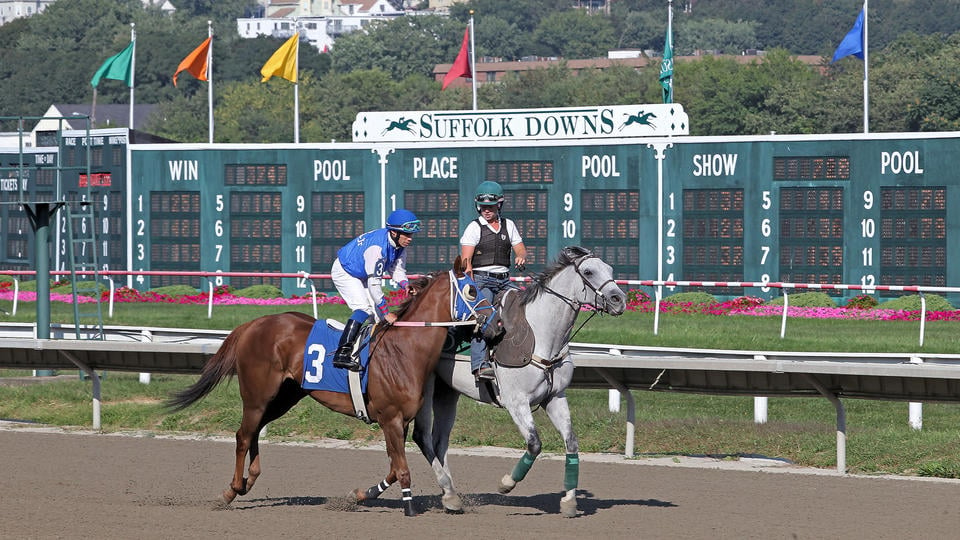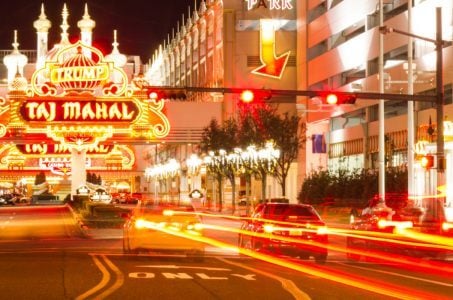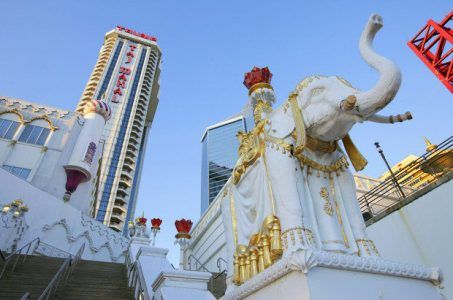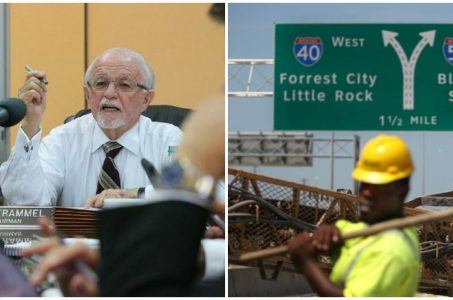Revere to Sue Massachusetts Gaming Commission Over Everett License
Posted on: October 18, 2014, 10:00h.
Last updated on: October 17, 2014, 09:16h.

The City of Revere near Boston will sue the Massachusetts Gaming Commission over its decision to award the East Massachusetts casino gaming license to Wynn Resorts over Mohegan Sun. Mohegan Sun, which wanted to build a $526 million casino on land owned by the Suffolk Downs Racetrack in Revere, lost the license battle last month following a protracted bidding process which cost both sides millions of dollars, and at times descended into tit for tat recriminations.
While Wynn now focuses on its vision of building a resort in Everett, just a few miles to the east, Revere is left to pick up the pieces and mourn the resulting closure of the historic Suffolk Downs thoroughbred racetrack.
The horseracing industry had been hit by a 40 percent reduction in recent years and it was believed that the proposed Mohegan Sun resort would be sufficient to save Suffolk Downs, whose owners had pledged to continue operating for at least another 15 years should Revere win the license.
In fact, the need to safeguard Suffolk Downs was one of the primary motivations for the establishment of the 2011 Gambling Act, which expanded casino gaming in the state and created the east Massachusetts casino license. The decision to go with Wynn Resorts has hammered the final nail into the thoroughbred horseracing industry in the area and that could affect the jobs and livelihoods of up to 800 people. Many people in Revere feel betrayed by the politicians.
Suit Wants Decision Vacated
The lawsuit, which isbeing brought jointly by the city and the union that represents 145 workers at Suffolk Downs, claims that the Commission “acted arbitrarily and capriciously, abused its discretion, violated provisions of the gambling law, gave Wynn unequal (and better) treatment than other gaming applicants, and treated other applicants unfairly and inequitably.
“By its acts and decisions, the commission has completely violated the letter of the Gaming Act, the purposes behind the Gaming Act, the Commission’s own regulations and procedures, and provisions of the Massachusetts Constitution,” it states.
The suit asks the court to nullify the decision and order the Gambling Commission to reassess the license in accordance with the gambling law.
Criminal Land Sale Issues Addressed
“We have seen … intense disappointment express itself in a number of ways, including legal action and even false accusations of bias against the Commission,” said Interim director of the Gaming Commission Hank Shafran in response to the lawsuit. “This latest effort is yet another manifestation of disappointment from invested parties after a lengthy evaluation and public deliberation process that was based solely on the merits of competing proposals. We are confident that this complex licensing process has been executed in a manner that is comprehensive, thoughtful and fair, albeit unsatisfactory and disappointing to those who had hoped for a different outcome.”
However, according to Revere Mayor Dan Rizzo, the Commission still has pressing questions to answer in relation to the selection process. “There are a number of troubling and alarming failures by the Gaming Commission that raise serious questions about the entire process of awarding the Region A license,” said Revere Mayor Dan Rizzo. “From inequity in the process, to a failure to require adequate community mitigation, to ignoring potential criminal activity associated with the Everett land, the Commission has in almost every regard failed to live up to its obligations under the Gaming Act.”
Rizzo is referring to the fact that FBT Everett Realty, the company that sold the Everett plot of land to Wynn Resorts, attempted to conceal that one of its directors, Charles A. Lightbody, had Mob connections and criminal convictions. It is against Massachusetts gaming law for a convicted felon to profit from a casino’s operations. Three members of the company, along with Lightbody, were arrested on state fraud charges just two weeks after the Gaming Commissions decision.
Related News Articles
Trump Taj Mahal Likely to Close in New Jersey Despite Concessions
Trump Taj Mahal Delays Closing Date to Late December
Macau Junket Operators Under Scrutiny as Area’s Revenues Freefall
Arkansas Highway Commission Cautions Voters on Casino Ballot Question
Most Popular
VEGAS MYTHS BUSTED: Golden Gate is the Oldest Casino in Vegas
Las Vegas Overstated F1 Race’s Vegas Impact — Report
Most Commented
-
End of the Line for Las Vegas Monorail
— April 5, 2024 — 90 Comments -
Mega Millions Reportedly Mulling Substantial Ticket Price Increase
— April 16, 2024 — 6 Comments -
Long Island Casino Opponents Love New York Licensing Delays
— March 27, 2024 — 5 Comments
















No comments yet